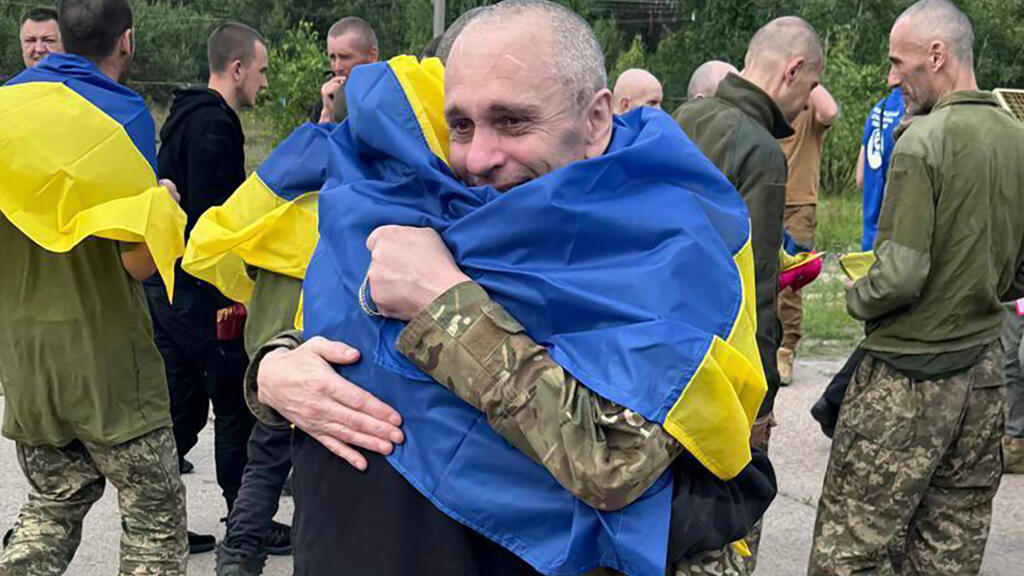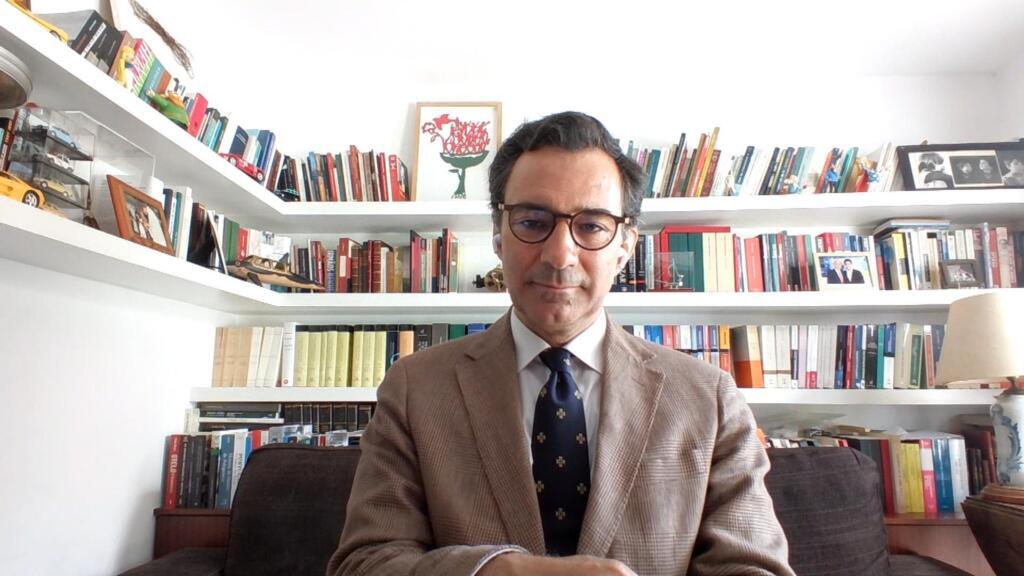Ukrainian-Russian Prisoner-of-War Exchange Takes Place
On a significant date in the ongoing conflict between Ukraine and Russia, both nations have participated in another prisoner-of-war (POW) exchange. This event occurred on Saturday, following recent agreements made in Istanbul earlier this month. The details surrounding the exchange indicate a continued effort from both sides to negotiate and resolve some of the humanitarian concerns arising from the war.
According to statements from Kyiv, the Ukrainian authorities confirmed that Moscow had returned 1,200 unidentified bodies. Ukrainian officials assert that Russia claimed these bodies "belong to Ukrainian citizens," a category that includes military personnel. This exchange underscores the ongoing complexities and emotional toll associated with the conflict, where the identities of the deceased remain a poignant issue for families and communities impacted by the war.
The agreements reached in Istanbul earlier this month seem to pave the way for these exchanges, highlighting a potential area for cooperation even amidst ongoing hostilities. While the specifics of the agreements have not been fully disclosed, it indicates a mutual recognition by both countries of the need to address the fates of those captured or killed during the conflict.
As the war continues, these exchanges not only represent tactical negotiations but also reflect the deep human cost of the ongoing hostilities. Each identified body returned can provide closure to families still hoping for news of their loved ones. Conversely, the unidentified nature of many remains adds to the uncertainties faced by numerous families, emphasizing the broader humanitarian crisis that the war has wrought.
Both Kyiv and Moscow have been engaged in various discussions over recent months about the treatment of POWs and the return of the deceased. This recent exchange could potentially lead to more structured negotiations in the future, as both sides may recognize the importance of returning individuals to their families, regardless of their military affiliations.
This ongoing dialogue regarding prisoner exchanges and the return of bodies highlights a critical facet of the conflict—the human dimension. As the war persists, the psychological and emotional impact of the exchanges resonates deeply with the populations involved, suggesting that while military strategies are paramount, the humanitarian aspects cannot be overlooked.
In summary, the latest POW exchange, combined with the return of unidentified bodies, is a significant development in the ongoing conflict. It illustrates the necessity of addressing humanitarian issues while highlighting the complexities that arise as both sides engage in negotiations against the backdrop of war. These exchanges, while crucial for the individuals and families involved, serve as a reminder of the broader implications and emotional weight carried by those impacted by the conflict.












